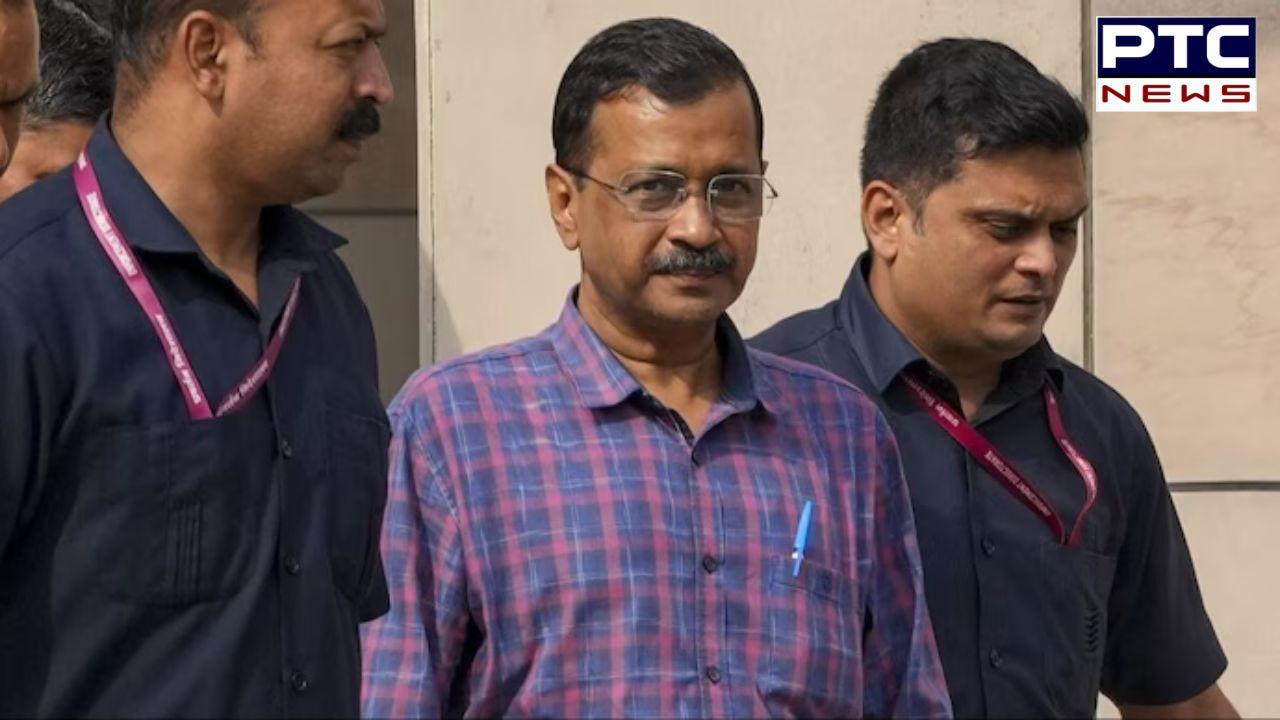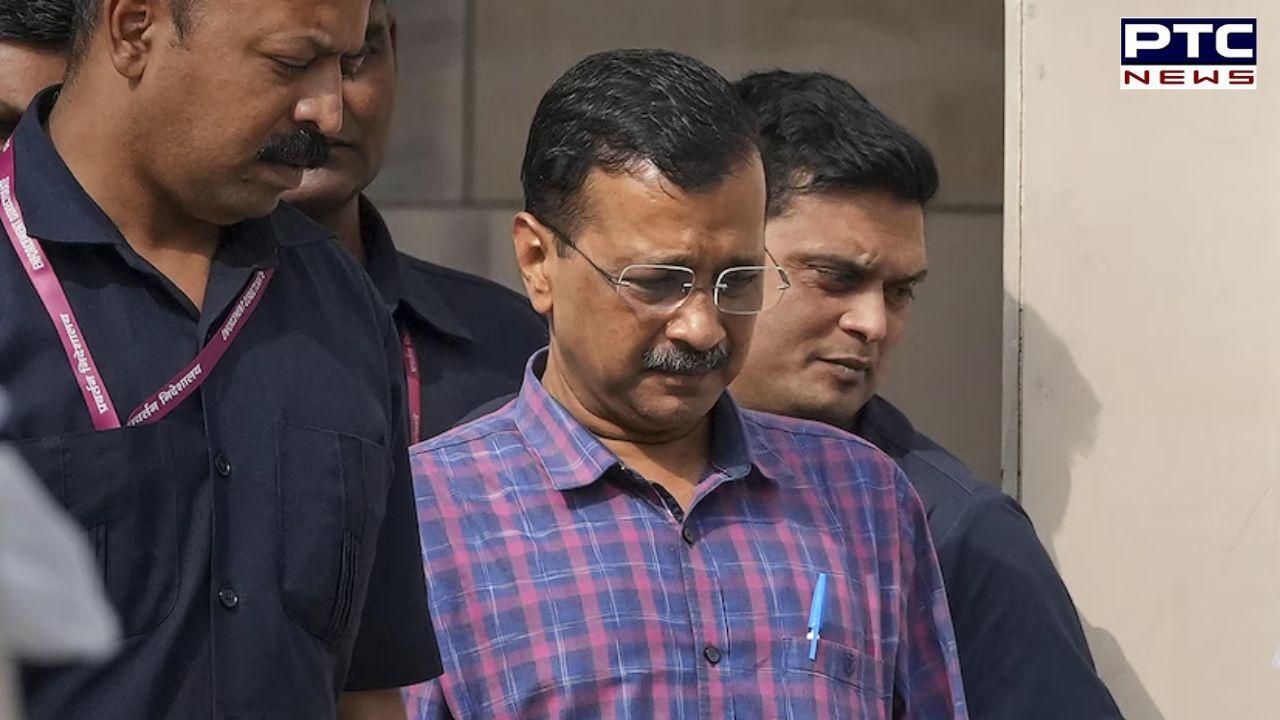

Delhi excise policy case: No relief for Arvind Kejriwal; Court extends Kejriwal's judicial custody till April 23
PTC News Desk: The Supreme Court has taken a significant step in the case involving Delhi Chief Minister Arvind Kejriwal's arrest in a money-laundering investigation linked to the now-defunct Delhi excise policy.
On Monday, a bench comprising Justices Sanjiv Khanna and Dipankar Datta requested a response from the Enforcement Directorate (ED) concerning Kejriwal's plea challenging his arrest.
The bench directed the ED to submit its reply to Kejriwal's plea by April 24 and scheduled the matter for hearing in the week beginning April 29. This move comes in response to the Delhi High Court's previous ruling, which upheld Kejriwal's arrest in the case.
 The high court, on April 9, upheld the ED's decision to arrest Kejriwal on grounds that he repeatedly ignored summonses and declined to participate in the investigation. The court stated that the ED had limited recourse after Kejriwal failed to comply with investigative procedures.
The high court, on April 9, upheld the ED's decision to arrest Kejriwal on grounds that he repeatedly ignored summonses and declined to participate in the investigation. The court stated that the ED had limited recourse after Kejriwal failed to comply with investigative procedures.
In addition, the high court dismissed the petition filed by the Aam Aadmi Party (AAP) leader challenging his arrest and subsequent detention by the ED. The case revolves around allegations of corruption and money laundering related to the development and implementation of the Delhi government's excise policy for 2021-22, which was subsequently annulled.
Kejriwal was taken into custody by the ED on March 21, shortly after the high court rejected his plea for protection against coercive measures by the federal anti-money laundering agency. Currently, Kejriwal remains incarcerated in Tihar Jail awaiting further legal proceedings.
What does the Delhi excise policy case entail?
The Delhi excise policy case revolves around allegations of corruption and money laundering surrounding the formulation and implementation of the Delhi government's excise policy for the fiscal year 2021-22. Initially introduced to revitalise the liquor industry in the city, the policy aimed to replace the previous sales-volume-based system with a license fee structure for traders.
It promised upgraded liquor stores devoid of the notorious metal grilles, ultimately aiming to enhance the consumer purchasing experience. However, the policy was swiftly abandoned after Delhi Lieutenant Governor VK Saxena called for a CBI investigation, citing irregularities.
According to the investigations conducted by both the CBI and the ED, leaders of the Aam Aadmi Party (AAP) allegedly accepted kickbacks totaling Rs 100 crore from a coalition of politicians and liquor industry figures in exchange for granting licenses under the excise policy. The central agencies further stated in their chargesheets that certain individuals associated with the so-called 'South Group' were involved in the purported irregularities.
Arvind Kejriwal, the Chief Minister of Delhi, also found his name mentioned in the chargesheets. Allegedly, all the accused in the excise policy case were in communication with Kejriwal, collaborating to devise the excise policy that allegedly conferred undue advantages upon them. In return, they purportedly funneled kickbacks to the party.
- With inputs from agencies
